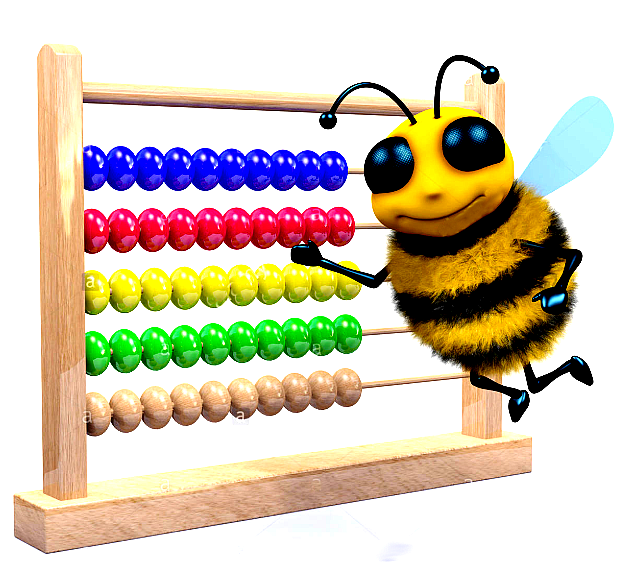Bee teaching seen
 Researchers have shown that puzzle-solving behaviour can spread through bumblebee colonies.
Researchers have shown that puzzle-solving behaviour can spread through bumblebee colonies.
Bumblebees learn to solve a puzzle by watching more experienced bees, and this behavioural preference then spreads through the colony, according to a new study.
A research team in the UK has trained bees to use a puzzle box to access a sugar solution, then released these ‘demonstrator’ bees into a foraging area with untrained bees and filmed them over six to 12 days.
Foraging bees with a demonstrator opened more puzzle boxes than control bees, and used the same puzzle solution 98 per cent of the time, suggesting that they learned the behaviour socially rather than stumbling upon a solution themselves.
In another experiment where untrained bees learnt two different puzzle solutions, they would randomly develop a preference for one, which would then become the dominant solution in that colony.
This kind of social learning has already been documented in primates and birds, but this is the first study to document this kind of behavioural spread in tiny-brained bees, according to the team.








 Print
Print